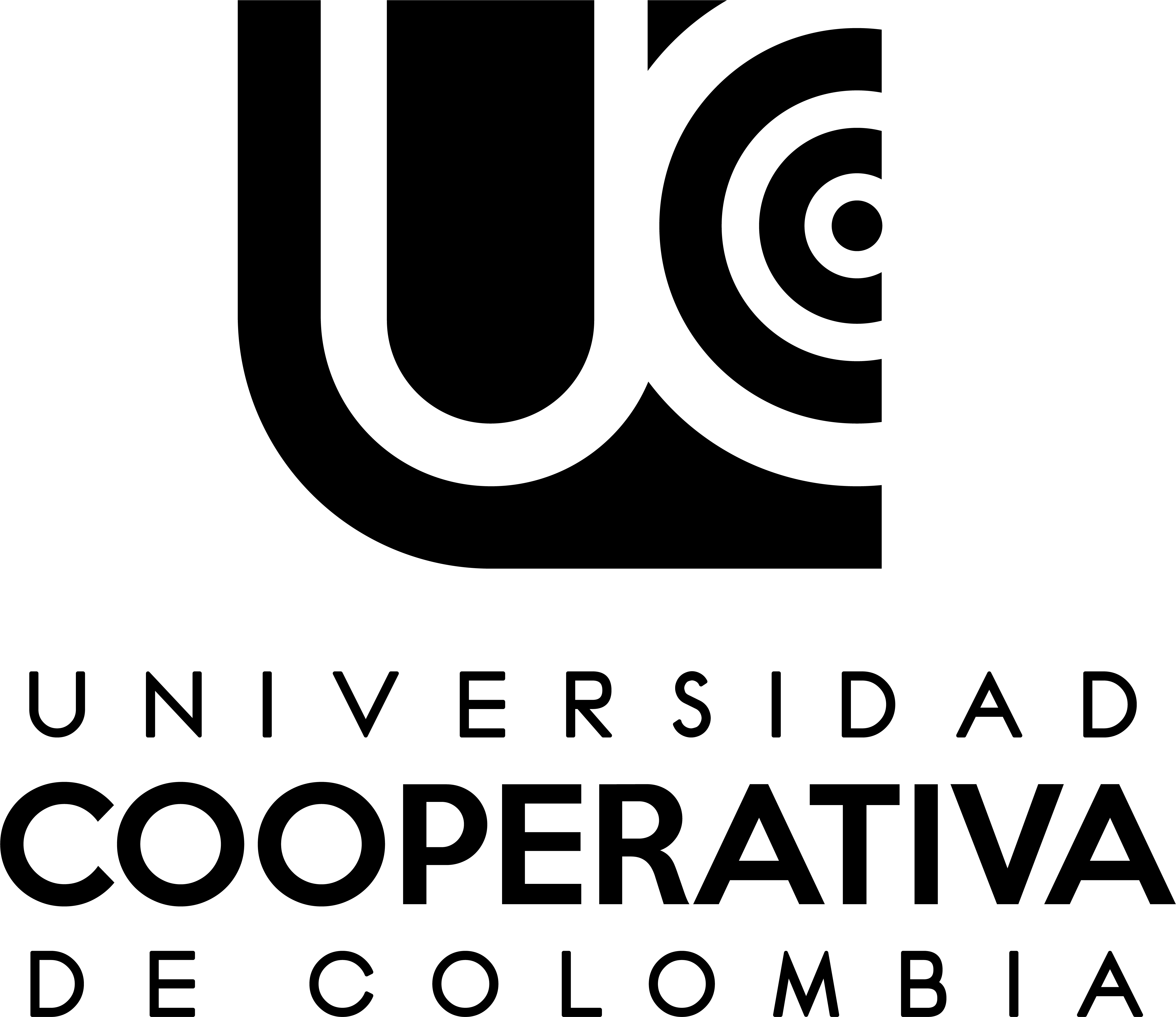Historical Evolution Of The Traditional Logic Concept
Reflexión académica sobre temáticas relacionadas con la Ingeniería
The author explains throughout the article the various meanings the word logic has had in the history of knowledge; to achieve this goal, he carries out an historical overview on the evolution of the so-called
“science of thought”. He starts explaining its birth in the Ancient Era when the Greek philosophers studied the relationship between logic and thought; concerning that he refers to the contributions of Pythagoras,
Parmenides, Plato and Aristotle. Then he comments about the so-called Christian era (middle Ages) the study of logic had stagnated and was relegated to be an appendix of philosophy. Then he illustrates the
conceptual achievements made by this science in the modern ages; he mentions the contributions made by Francis Bacon, Immanuel Kant and George Boole. He also discusses the difference between symbolic logic
and formal logic, as well as the importance of Boolean algebra for the development of new branches of knowledge such as computing. He ends the tour in the XX century by referring to the theoretical contributions of the most outstanding theorists.











